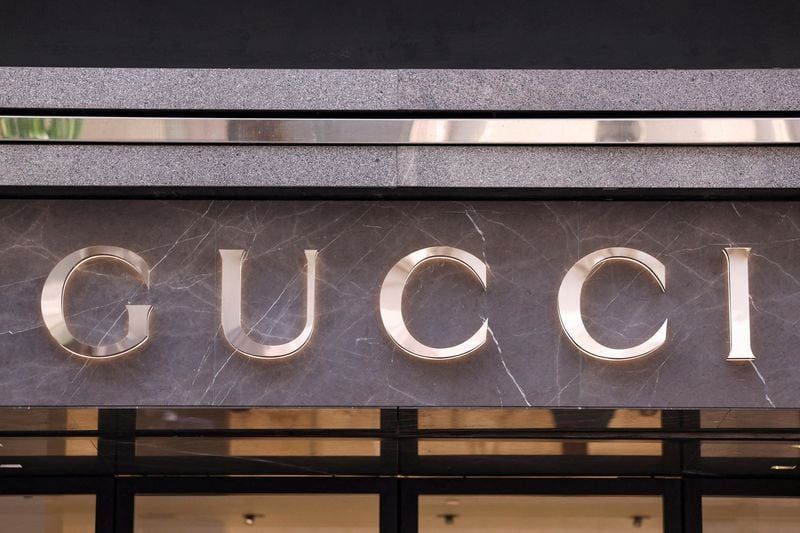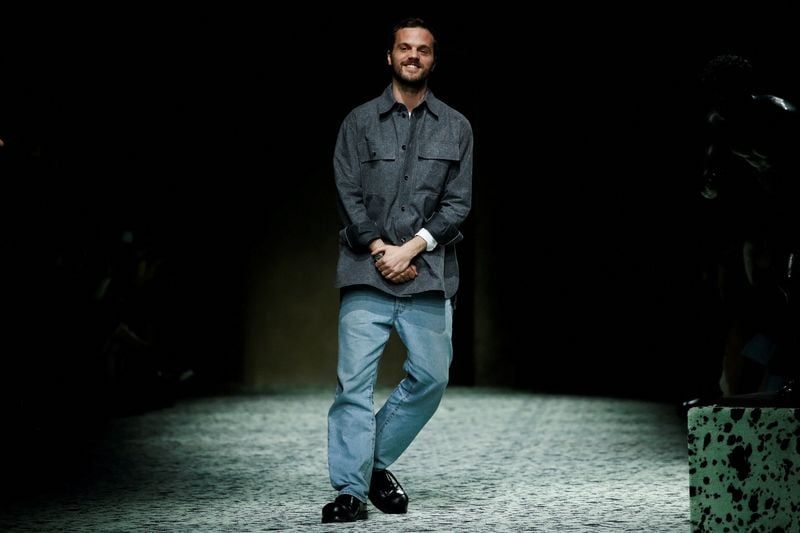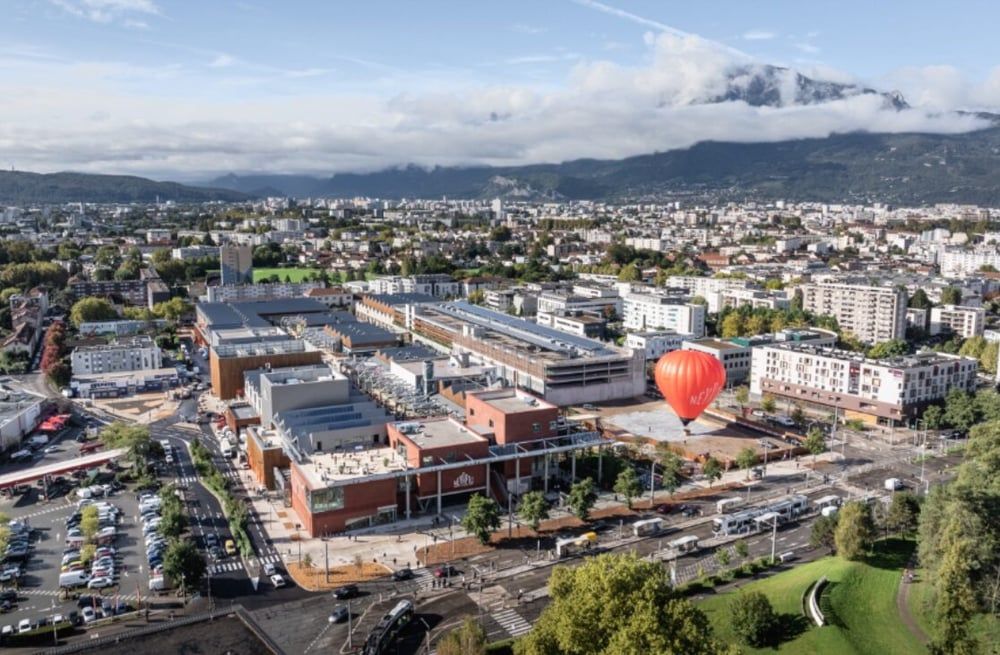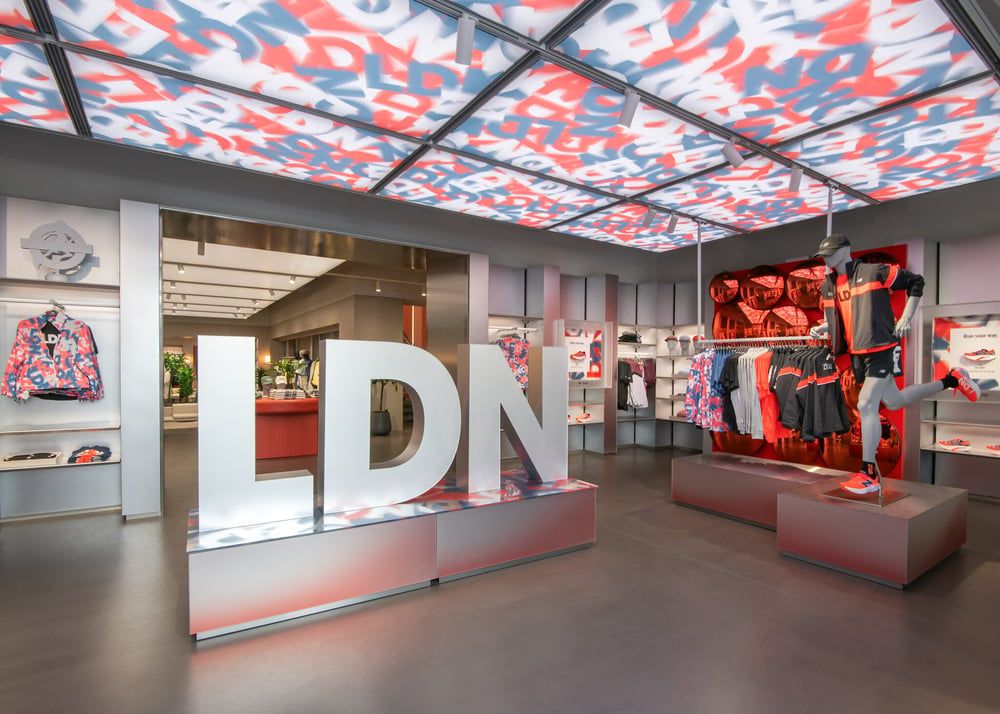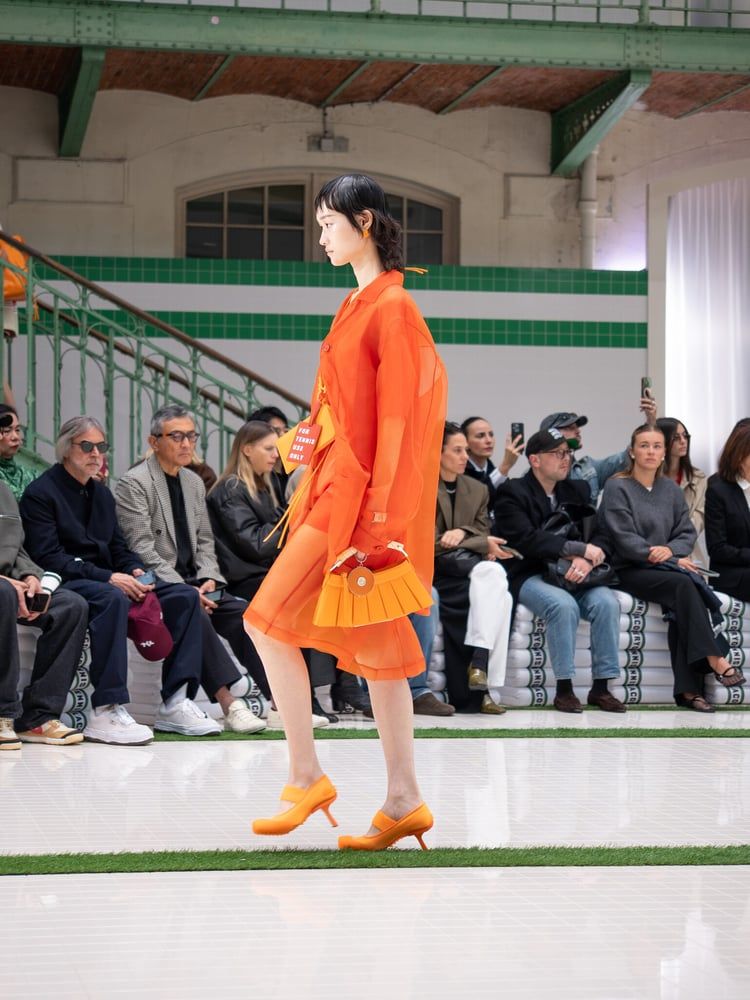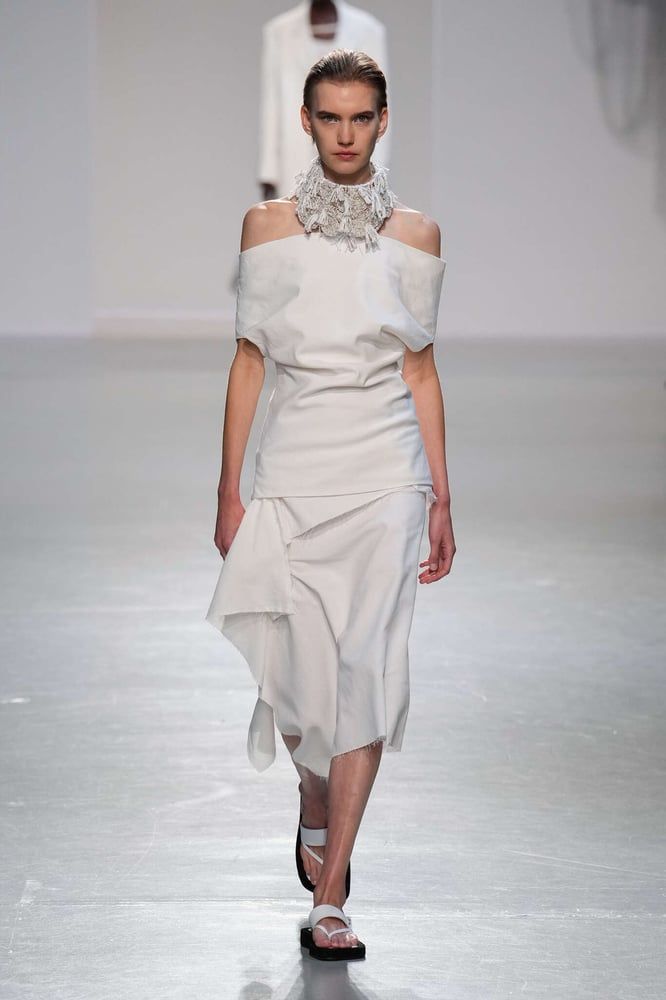London Fashion Week Enters a New Era Under New Leadership Focused on Designer Support and Global Relevance
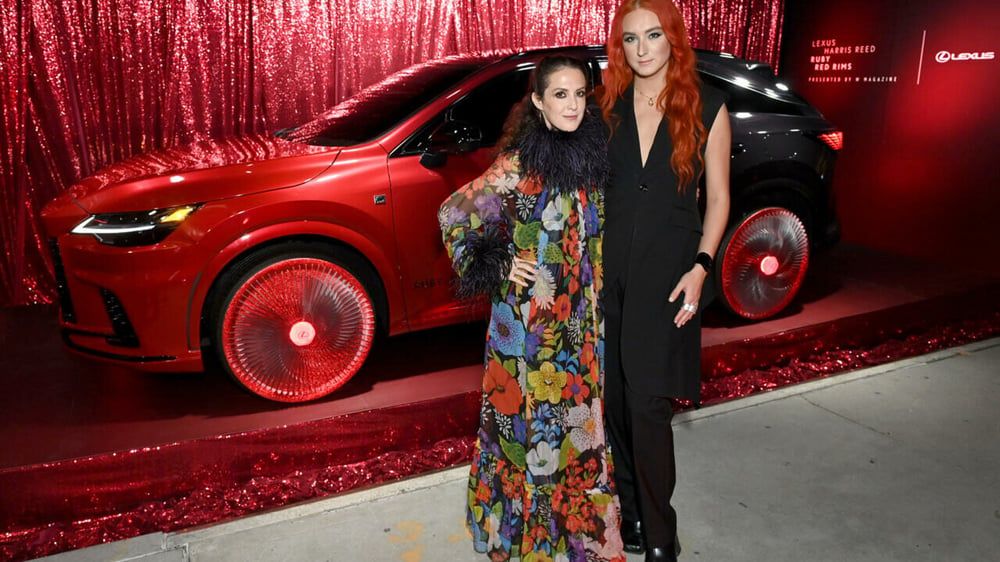
London Fashion Week (LFW) is embarking on a new chapter, opening its latest edition under fresh leadership with a clear mission to revitalize its runway schedule and ease the financial pressures faced by its emerging designers. Laura Weir, former creative director of Selfridges, took the helm of the British Fashion Council (BFC) in April, succeeding Caroline Rush, and heralds this season as "the beginning of a new era for British fashion."
Weir steps into her role amidst significant challenges, including concerns about LFW's relevance and international standing. The event has recently seen high-profile designers gravitate towards established fashion hubs like Milan, Paris, and New York. Further compounding these issues, the June edition, originally focused on menswear, was cancelled this year, replaced by a commercial showroom in Paris. The preceding February schedule was also notably subdued, with several designers opting for just one annual show due to the prohibitive costs associated with staging multiple presentations.
Addressing these concerns head-on, Weir has outlined her primary objective: to solidify LFW's position as "the ultimate platform to showcase and celebrate the very best of British creativity," while steadfastly supporting the designers who have shaped British fashion and achieved international recognition. To alleviate financial burdens, the BFC has waived membership fees, making the platform more accessible. Furthermore, Weir, a former Vogue journalist, revealed that the BFC has "curated a schedule that speaks to London's cultural relevance" and significantly "doubled our investment in our international guest program to ensure heavyweight buyers, media and cultural voices are here in London." Her tenure has also seen increased scholarship funding and a crucial three-year funding commitment secured for the NewGen program, which champions young, emerging talent.
Despite its recent struggles, LFW has consistently proven to be a vital incubator for discovering innovative fashion talent, largely thanks to the NewGen program. This initiative has been instrumental in launching the careers of many successful designers, including Irish designer Simone Rocha, celebrated for her Victorian-inspired dresses, and London-based Richard Quinn, whose elegant creations even garnered recognition from the late Queen Elizabeth II.
This season's LFW commenced with the highly anticipated show from British designer Maximilian Raynor, lauded for his dedication to sustainable fashion and his inventive use of fabric scraps. He was followed by Harris Reed, the young British-American designer and creative director at Nina Ricci, whose distinctive gender-fluid designs have captivated LFW audiences since his debut five years ago. In a welcome return, JW Anderson is also back on the schedule after missing the February edition, though his label will present a scaled-down dinner event this year. This adjustment follows his recent appointment to oversee the artistic direction of all Dior collections – including men's, women's, and haute couture – a significant new role. Having previously stepped down as creative director of Spanish brand Loewe, the Northern Irish designer is now refocusing his own label on a "lifestyle" concept, expanding into furniture, tableware, craft objects, and even honey.
The spring/summer collections will also feature presentations from iconic British fashion houses such as Paul Costelloe and Burberry, which has successfully navigated a challenging year for the luxury fashion market and US tariffs. Regular London catwalk fixtures Roksanda and Dilara Findikoglu are also set to showcase their latest creations, promising a dynamic and diverse program for this reinvigorated London Fashion Week.





